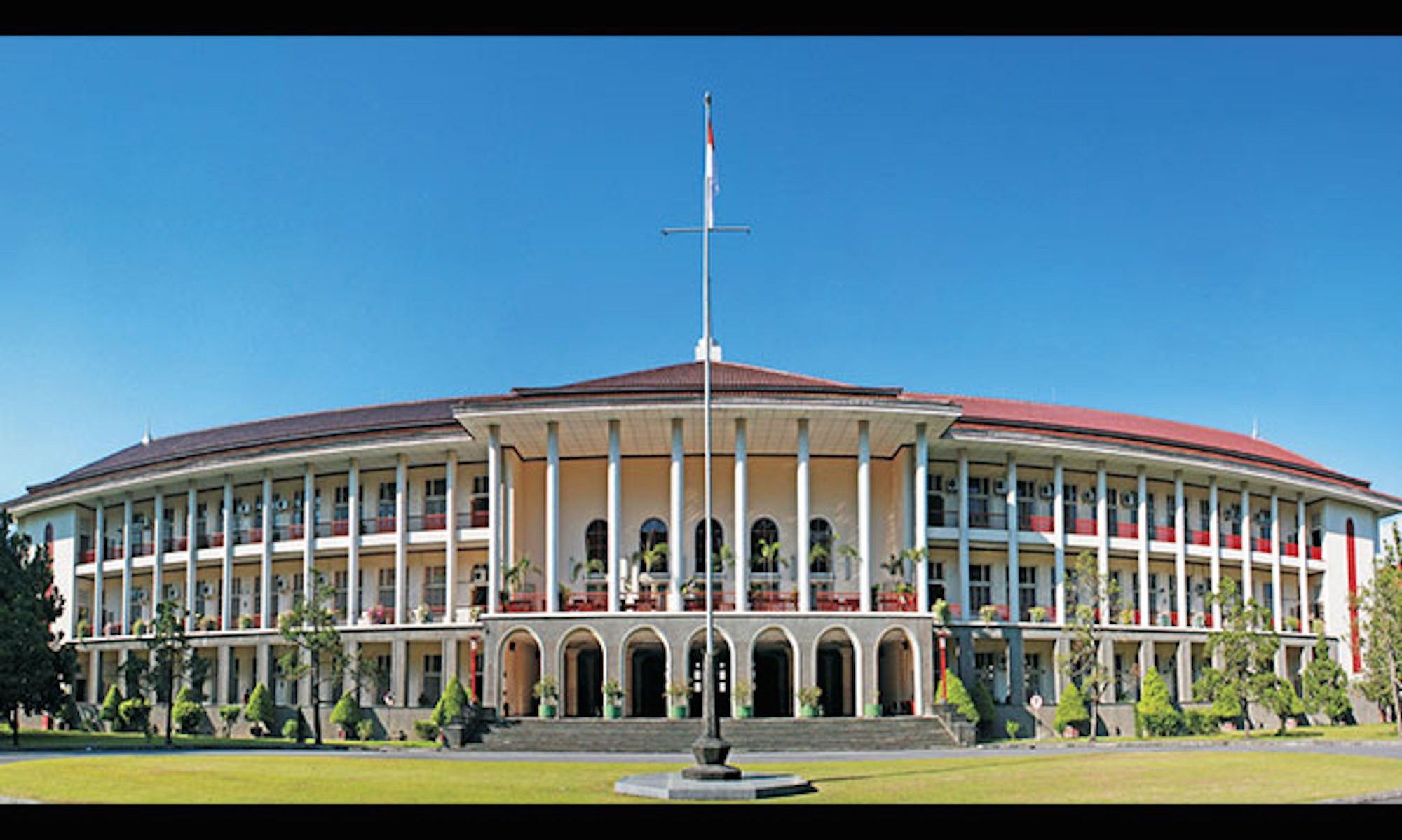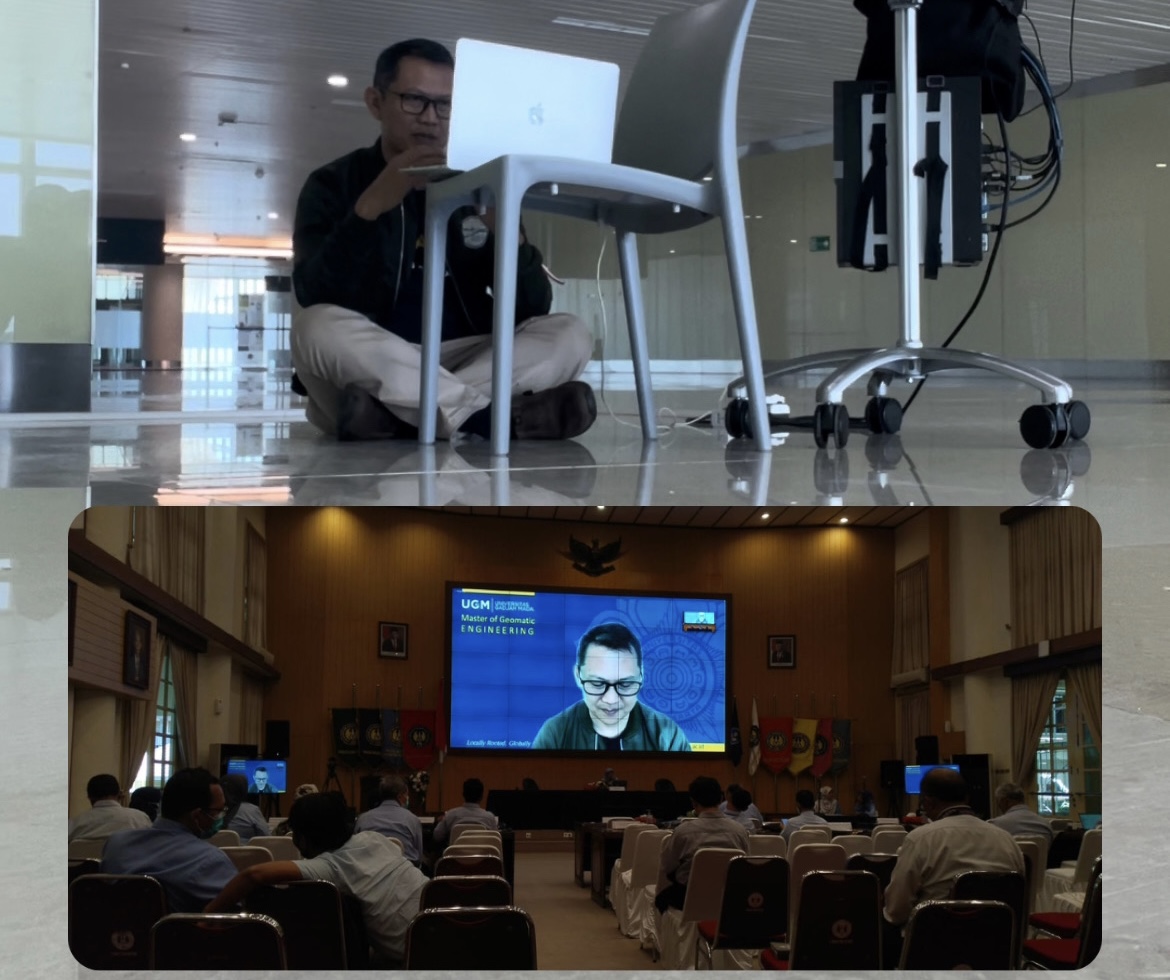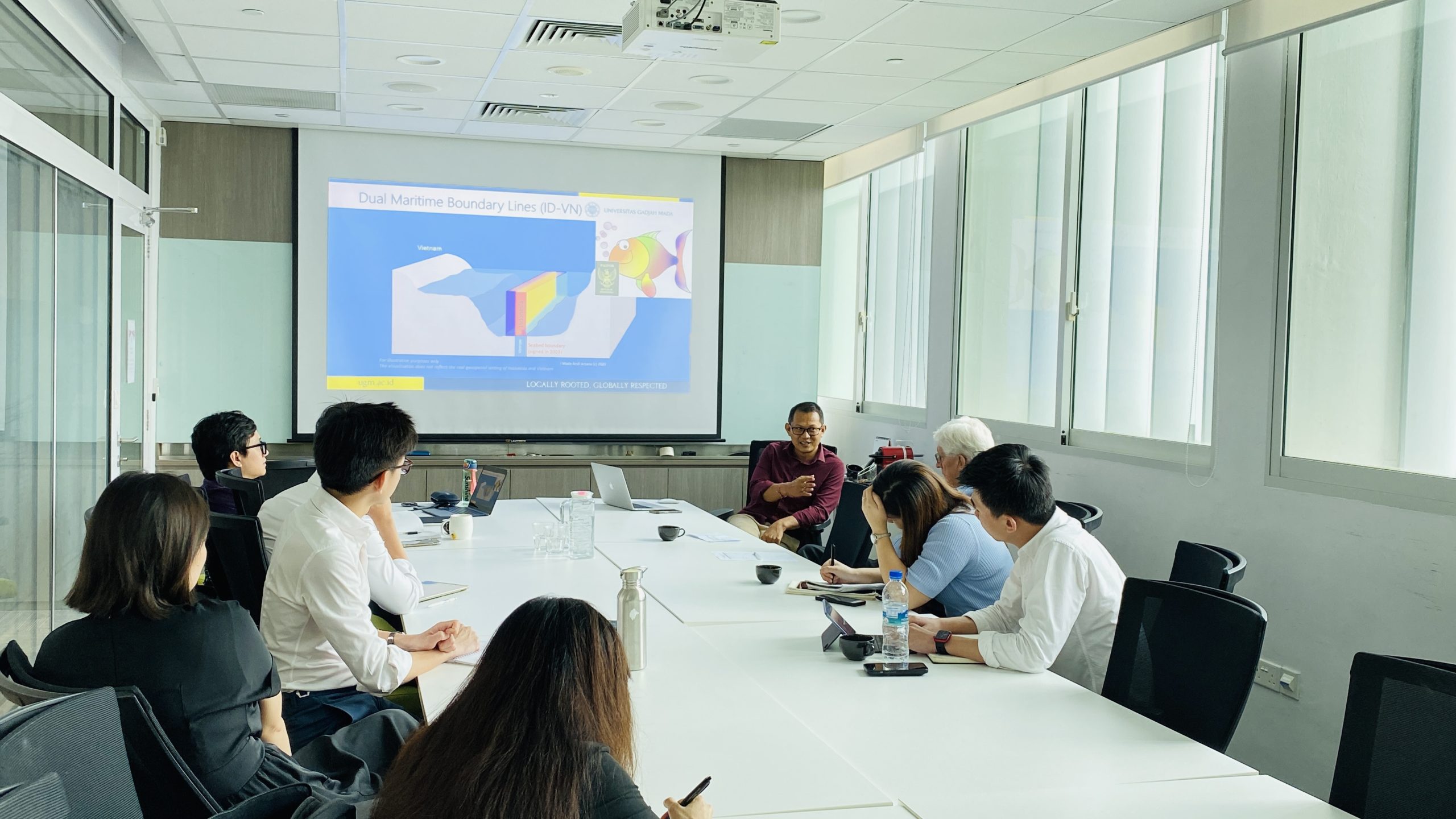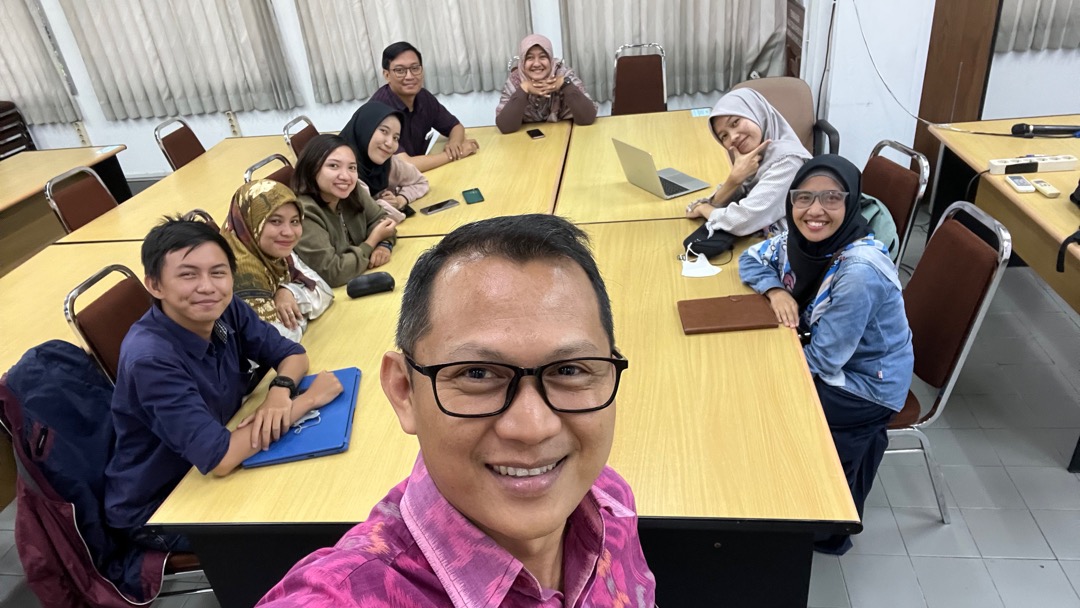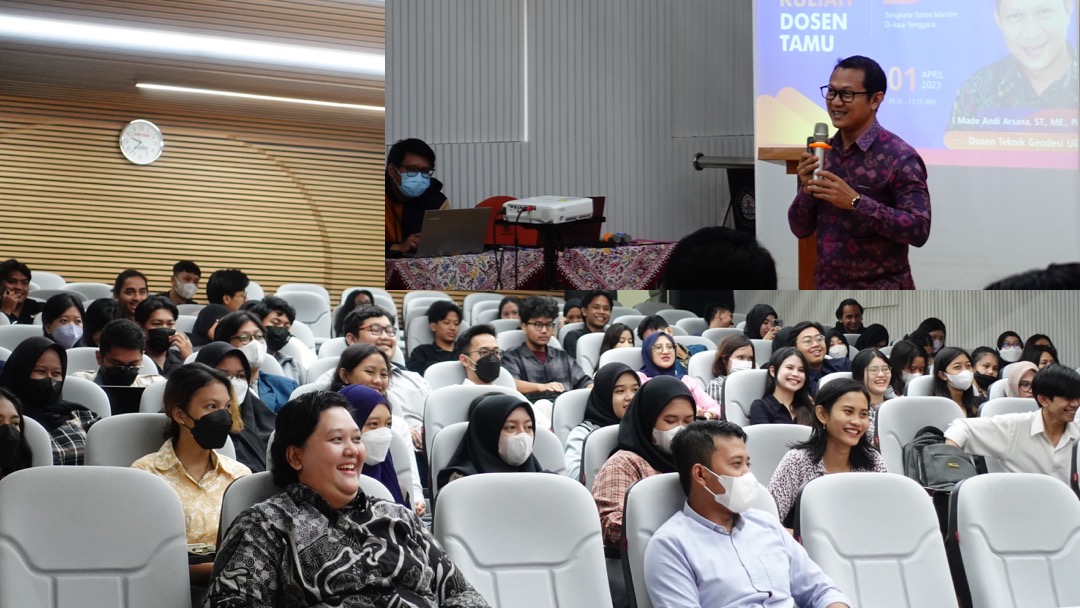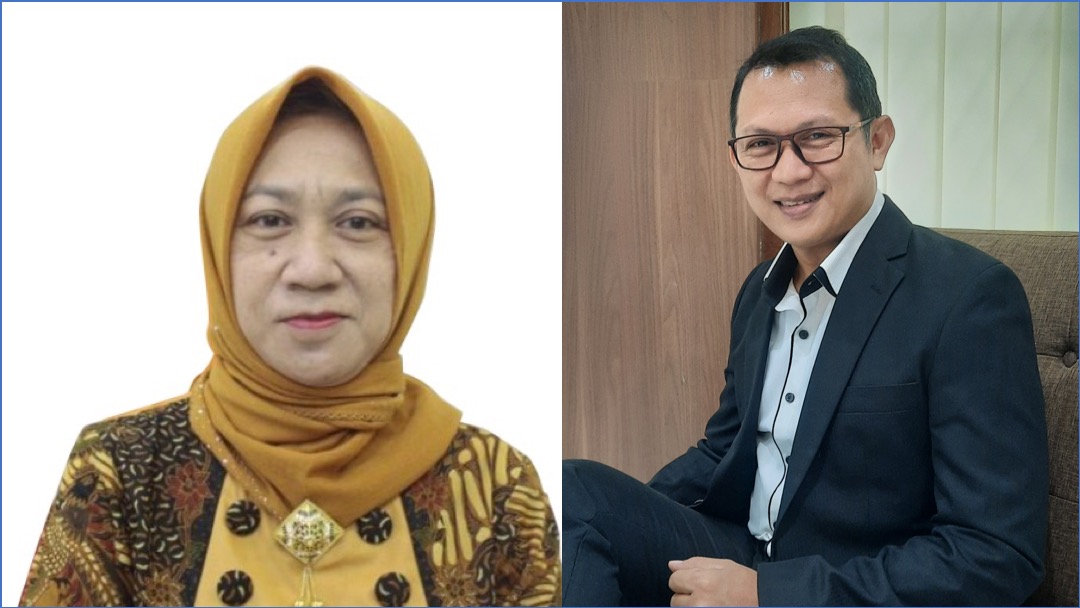 I was honoured to be asked to share my views on the application of artificial intelligence in education. It was Pak Tomas, the headmaster of SMP 10 Yogyakarta (junior high school), who came up with the idea. I was invited to share with teachers on the utilization of artificial intelligence in teaching.
I was honoured to be asked to share my views on the application of artificial intelligence in education. It was Pak Tomas, the headmaster of SMP 10 Yogyakarta (junior high school), who came up with the idea. I was invited to share with teachers on the utilization of artificial intelligence in teaching.
It was an exciting yet challenging experience. First, teaching teachers was not easy. Second, it was not something falling within my expertise. It was not maritime boundaries, nor geospatial aspects of the law of the sea. I had to talk about something that I have been using but I am by no means an expert. It was fun though.
Apart from the fact how the teachers were excited when I shared with them the use of ChatGPT, for example, I discovered something even more important. Even though the school is located in Yogyakarta, the same city with UGM, the university where I am teaching, those teachers did not see themselves to have good access to researchers and professors at UGM.
My coming to the school was not only about sharing knowledge. It was about breaking the wall between the school and UGM. I understood better their view and situation. By interacting closely with the teachers, I managed to understand a number of issues regarding the root of problems I have been facing in dealing with my students. It is good to understand the education practice of schools where my university students come from.
I really hope more professors in UGM and other universities spare their busy time to share with elementary and high school teachers. We need to narrow the gap between us.
